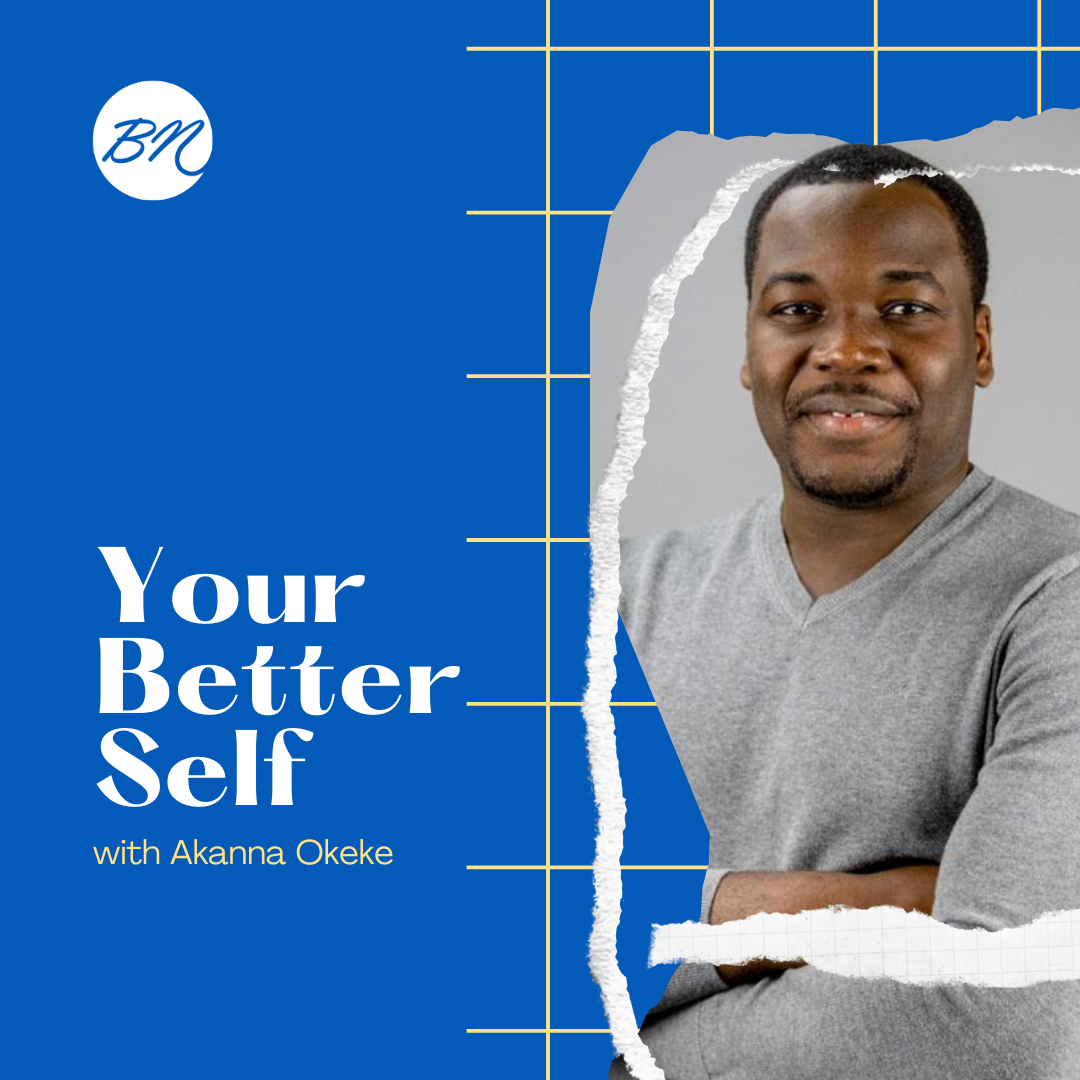Features
Your Better Self with Akanna: Learning to Discern Truth from Propaganda

I remember watching NTA News with my parents back in the days of military rule, and most times we all knew that what we were watching was state-sponsored propaganda. A high crime would be announced the previous day, and the next day a culprit would be paraded like it was that easy to catch such thieves. Even the confession they were forced to make in front of the news cameras betrayed their bewildered innocence.
We took it as a given, then, that Nigerian news was fake. We could count on Western news to give us the facts. And whenever they did report on Nigerian affairs, we were very certain it was the truth.
That’s no longer the case nowadays. Even though the region has remained devoid of military dictators, Western news doesn’t seem to be that trustworthy anymore. The most recent event was when a certain president’s son’s laptop was reported to be found with incriminating content, and the news media banded together to label such news “disinformation.” Today their so-called disinformation has been exposed as truth, leaving them scampering in damage-control mode to try to rescue their reputation.
Scepticism can be healthy, as long as it doesn’t lead to cynicism. We’d be naïve to think that everyone had our best interests at heart. That everyone around us told us the truth every time, and that no one has a reason to sell us a lie — what they’d rather we believed instead of the truth. At the same time, it’d be cynical of us to think that no one ever told us the truth and that everyone was out to get us every time.
The open-minded sceptic is the healthy one. The one who views what’s being presented through the lens of reason, seeking to discern the truth from propaganda. The one who understands that if the truth is being distorted, then there must be a reason for such distortion, and then proceeds to weigh the information, not only on the evidence being presented but on who stands to gain what by presenting such evidence. This way, they’re not easily swayed by the popular mantras of the day, but are able to make intelligent decisions that separate them from the masses.
There are 3 things they consider while discerning what is true and sniffing out propaganda, and I believe we could benefit by keeping these 3 things in mind:
Unanimity is Suspect
It hardly occurs that every single person would agree on a single thing. There usually must be some dissenters. There are still some people today who believe the earth is flat. Those who know the truth don’t even bother trying to convince them anymore because they know that, with the mounting evidence becoming more and more accessible, the truth would ultimately prevail.
So whenever the goal becomes to get absolutely everyone to buy into something, then that ‘something’ is most likely propaganda. When a bunch of scientists sign a document declaring that they — representing all scientists — believe this one thing to be true, or a group of news media come together in one voice to declare something ‘disinformation’, then the red flag of propaganda has been raised.
We could also apply this to our personal lives. Assuming, all of a sudden, your family members call a meeting to inform you that they have all unanimously decided that you should do a thing — a thing that they were once divided on — then you’d know that somebody somewhere has something to gain and is thereby pulling the strings in their favour. There’s an agenda hidden from you, and that’s the propaganda they’ve all bought into.
The healthy sceptic knows that ‘majority’ is often never right, and so always has an eyebrow raised whenever everyone seems to be in agreement on something. They understand that unanimity is often achieved through some form of coercion, as people tend to think differently. Hence, they often overlook what is loudly being said and pay more attention to what’s not being said at all, basing their decisions on those instead.
Truth Fears No Opposition
Those who know the truth would defend it but would hardly force it upon others. They are open to hearing from those who oppose the truth and would, in response, present them with the facts, hoping that this would lead them to see the truth.
Those who push propaganda, on the other hand, cannot stand opposition. They aim to demonise whoever as much as questions their narrative, calling them different names to attack who they are and not what they know. They’re not open to reason. Their goal is unanimity and you’re either in or in the way!
The healthy sceptic smells this from a mile away. When demonising words like racist, misogynist and bigot are hurled at them, they are not fazed. They know it’s because the accuser has realised that they cannot defend their position when questioned, as they don’t have the facts to back it up. Instead of attacking the opposing idea, they then attack the opposing person, not to win them over to their way of thinking, necessarily, but to shut them up so that they don’t dissuade others who are already being swayed. Propaganda can’t stand opposition just like propagandists can’t stand truth tellers.
Facts Over Feelings
Facts are facts, and they are what they are regardless of how we feel about them. One plus one is two no matter how bad we feel about that. The ‘pregnant man’ emoji was the butt of many jokes recently, because people realise that no matter how bad Apple feels about it, a man just can’t get pregnant.
When feelings are exalted over facts — when universally established truths are being challenged because of how bad it makes some people feel — propaganda is in the air! And those who dare oppose it are accused of not caring about people’s feelings. When a Bureau of Statistics won’t release the result of a study because they feel it may paint a certain group of people in a negative light, they’re well on their way from producing stats to churning out propaganda. Truth is backed by facts while propaganda is backed by feelings.
Sometimes we too push our own little propaganda in our little worlds. We may not call it that, of course, but if magnified to a larger scale, that’s exactly what it would be. We say we’re not fat, we’re just big-boned, or we have a medical condition that prohibits us from exercising. We say we’re not lazy, we’re just tired. We’re not disorganised, we’re just creative. We’re not reckless, we’re just free spirited – and you better believe that’s a good thing! We then coerce those around us to either agree with us or at least shut up about it, like little dictators trying to protect our feelings.
The healthy sceptic realises that facts are more important than feelings. And that even though feelings are important in their own right, they are to be used as indicators and not dictators of one’s life. They are to yield to the facts, prompting us to return when we begin to deviate from the truth — like indicators! Facts don’t care about our feelings, but our feelings do care a lot about the facts even enough to try to change them. Enough to push our own propaganda.
That’s what must have driven those military dictators who controlled our news, back in the day, to do so. Despite their hard facades, they were fragile men who couldn’t stand having their feelings hurt; who had to distort the truth and push their propaganda, so that people could think well of them. You would think that dictators wouldn’t bother to care what people thought about them. But that’s how we all are. That’s how we’re wired. That’s why people around you would lie to you and you too would lie to others — all to save face and feel good about ourselves. So when discerning truth from propaganda, keep this in mind as well. Recognizing the tendencies in yourself first, no matter how little, is the first step to discerning it in others.





















